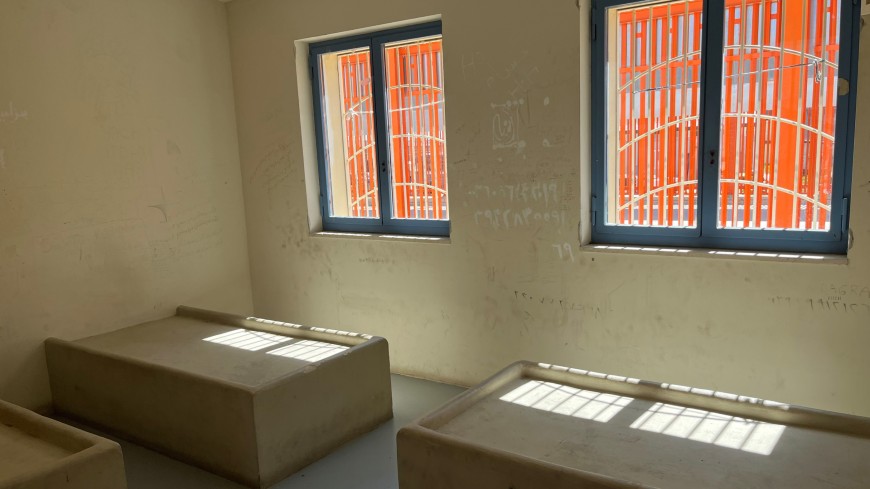Council of Europe: the Committee against Torture has published its report on its periodic visit to Italy in 2022

A delegation from the Committee against Torture conducted a periodic visit to Italy from March 28 to April 8, 2022, in accordance with Article 7 of the European Convention for the Prevention of Torture and Inhuman or Degrading Treatment.
This periodic visit to Italy provided an opportunity for the delegation to analyze: the treatment and prison conditions of persons detained in prison, and the treatment of persons deprived of their liberty by law enforcement agencies. In addition, the delegation examined the treatment of patients in psychiatric wards of four civilian hospitals and of elderly persons with limited autonomy residing in two nursing homes.
During the visit, the Committee found a problem of overcrowding in prisons, with an occupancy rate of 114%. According to experts, one of the strategies to address this issue is to ensure that arrest is truly a measure of last resort. At the same time, steps are needed to improve conditions in the prisons visited.
Furthermore, given the numerous cases of violence and intimidation among prisoners in the prisons visited, the Italian authorities were called upon to implement a plan to prevent such incidents by promoting a dynamic approach to security.
The report notes that health services within prisons are generally good; however, it should be noted that such environments do not offer a therapeutic setting and are not appropriate for those requiring specialized psychiatric treatment. In particular, prisoners at high risk of self-harm or suicide should be placed in more secure cells.
In the SPDCs (Psychiatric Diagnosis and Treatment Services) visited, mental health staff showed a positive and attentive approach, although there were reports of sporadic incidents of verbal abuse and derogatory comments by staff. The DSPs visited generally showed satisfactory living conditions. One shortcoming was found in the fact that patients only had access to secure terraces and could not enjoy unlimited access to the outdoors.
The report notes a worrying finding: the procedure for imposing compulsory health treatment (TSO) continues to follow a standardized and repetitive format; the guardianship judge never meets the patients in person and patients remain uninformed about their legal status.
With regard to nursing homes for the elderly, the Committee's analysis notes that restrictions related to the COVID-19 pandemic, deprivation of access to the outdoors, reduction of rehabilitation and recreational activities and family visits, as well as the lack of viable alternatives in the community, render the residents of the two nursing homes (Residenze Sanitarie Assistenziali, RSAs) de facto deprived of their liberty.
According to the CPT, the Italian authorities should take urgent measures to ease the restrictions in place by improving access to physiotherapy and rehabilitation activities and to ensure that, in the future, the applicable rules are enforced less restrictively, in light of clear scientific evidence and specific epidemiological circumstances. Recommendations are also made on the need to improve material conditions in certain wards of the Palazzolo RSA Institute, to increase the number of nursing staff, and to adopt national legislation on the use of restraints on nursing home residents.
In their response, the Italian authorities provide information on the measures taken in response to the CPT's recommendations.
On the basis of the Committee's recommendations, the Italian authorities responded by providing information and data on the measures taken.

